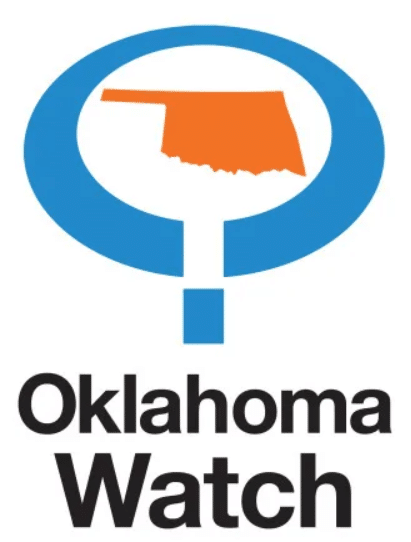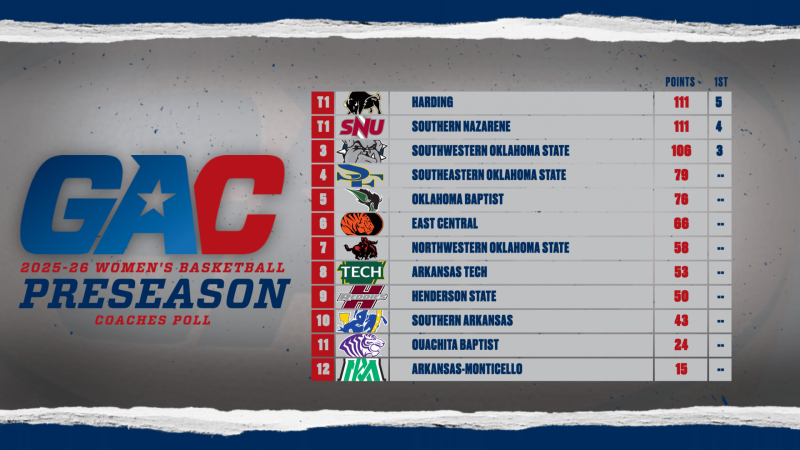OKLAHOMA CITY- Senator Warren Hamilton, R-McCurtain, was recently presented the Liberty [...]
By Rep. Tim Turner OKLAHOMA CITY – Rep. Tim Turner, [...]
OKLAHOMA CITY – Rep. Tim Turner, R-Kinta, on Tuesday at [...]
The LeFlore County Republicans will meet on Thursday, October 16, [...]
OKLAHOMA CITY – Rep. Eddy Dempsey, R-Valliant, last week held [...]
OKLAHOMA CITY – Oklahoma House Democratic Leader Cyndi Munson, D-Oklahoma [...]
OKLAHOMA CITY – Rep. Jay Steagall, R-Yukon, announced he filed [...]
OKLAHOMA CITY – Sen. Bill Coleman, R-Ponca City, on Wednesday hosted [...]
OKLAHOMA CITY – House Speaker Kyle Hilbert, R-Bristow, today issued [...]
OKLAHOMA CITY – Senate President Pro Tem Lonnie Paxton, R-Tuttle, [...]
Washington, D.C.–This morning, at 12:01am, FY25 funding ran out. “Let [...]










